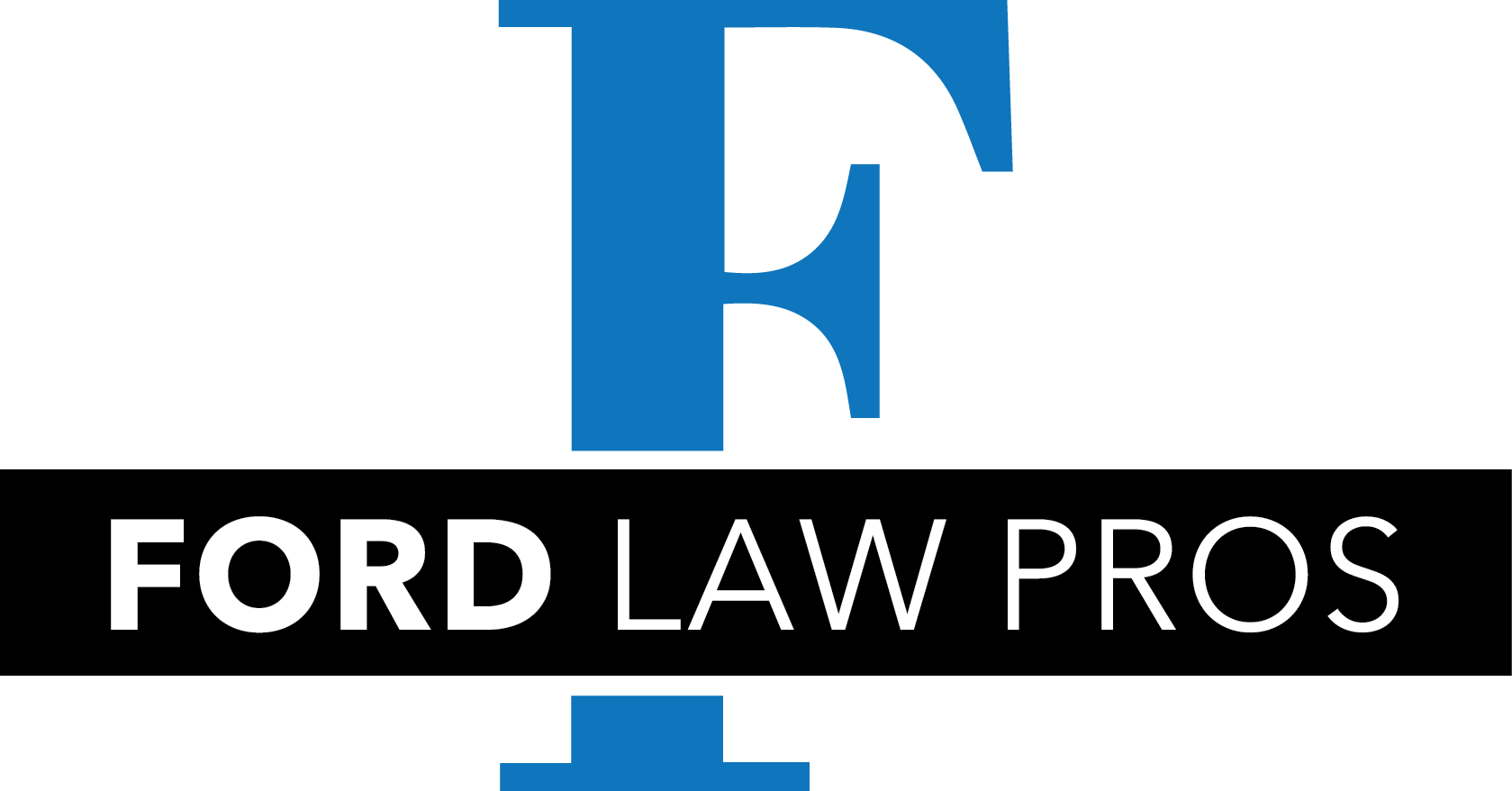The District of Columbia and 21 states have statutes that give condominium associations a super-priority over the first deed of trust for unpaid assessments. In D.C., the super-priority is limited to six months of unpaid assessments. Thus, a condominium association has the right to foreclose on a condominium lien and recoup at least six months of fees plus attorney’s fees and other costs associated with the sale. If the bank that holds the first deed of trust does not pay the super-priority and other costs before the sale occurs, the mortgage will be extinguished at the time of sale if there are not enough proceeds left to pay it off. With the D.C. Court of Appeals providing clarity on the issue of first lien position, Associations are beginning to assert their rights through the foreclosure process and the lenders are angry. Some of them are even filing law suits.
The Federal Housing Finance Agency (FHFA) recently filed a lawsuit against a homeowner’s association in Nevada challenging the validity of a foreclosure sale initiated by the association to collect unpaid assessments. Nevada’s state law gives condominium associations super-priority over first deeds of trust for unpaid assessments and it also requires associations to notify lenders and servicers of its intentions to foreclose on its lien. Despite Nevada’s longstanding law, the FHFA seeks to challenge it on the basis that Fannie Mae and Freddie Mac stand to incur significant losses if their property rights are extinguished.
The FHFA’s position is perplexing because Fannie and Freddie have other recourse. Most of the time there are servicers for each loan who are responsible for collecting mortgage payments, billing unit owners and otherwise protecting the interests of mortgage holders. When those servicers are notified of an association’s intent to foreclose they have an obligation to step up and pay off the super-priority or pay the entire lien to avoid foreclosure. While some servicers are good at responding timely to notices of foreclosure, there are many who do nothing.
Fannie and Freddie have contracts with their servicers so the appropriate action would be to sue those servicers for failure to honor their contracts. It defies logic that the FHFA is suing unit owners for enforcing their rights under the law. When associations are viable communities with owners paying their dues and their mortgages, everyone wins. But when the economy is failing and people are losing jobs, associations are still expected to maintain ordinary operating expenses such as utilities, common area maintenance and other costs attendant to community style living. When units are abandoned they are not generating any revenue for the Association and they create the potential for unsafe or unsanitary conditions because they are not maintained. It is even worse for associations when they cannot afford to initiate foreclosure proceedings because their operating budgets are stretched ice-thin. For these reasons, it is difficult to empathize with lenders who have the resources to make sure associations are paid but choose to do nothing on the front-end and then sue associations on the back-end for enforcing their rights under law.
The “too big to fail” mentality is hurting us as a nation. It is self-serving to use the court system to drag associations into court when there are provisions in place to protect everyone’s interests in the foreclosure process. Associations’ attorneys will continue to lobby aggressively for the 65 million unit owners in this country who have vested interests in their community associations. Stay tuned as the fight for justice continues.
Yaida Ford specializes in community associations and serves as counsel to associations and unit owners in the District of Columbia, Maryland and the State of Washington.

